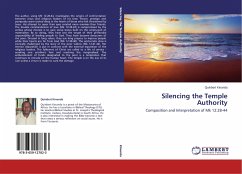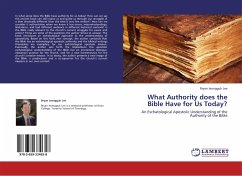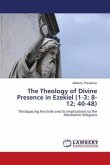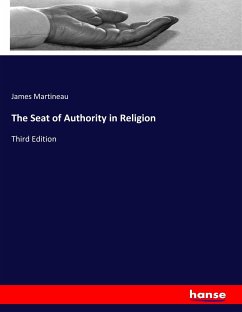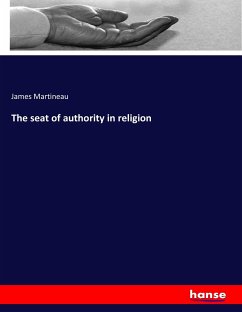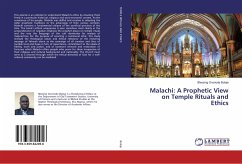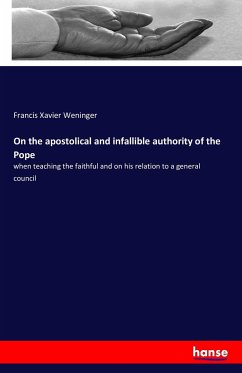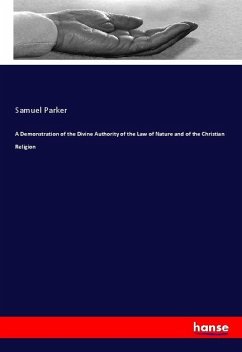The author, using Mk 12:28-44, investigates the origins of confrontation between Jesus and religious leaders of his time. Power, prestige and pomposity seem rooted deep in the hearts of those who felt threatened by Jesus. His attempt to open their eyes created more enemies than friends. The double commandment of love (Mk 12:28-34) is compromised by the scribes whose interest is to gain social status built on the empty-god of materialism. By so doing, they have lost the target of their primordial responsibility of leading people to God. They have become devourers of the poor. Dressed in long robes, they use long prayers to impress people while their hearts are far from God (Mk 12:38-40). The aristocratic class is ironically challenged by the story of the poor widow (Mk 12:41-44). Her interior disposition is put in contrast with the external exposition of the religious leaders. The followers of Christ are called to a life of service - washing one another's feet and reaching the marginalised. The embezzlement of funds designated to the poor is a temptation that continues to intrude on the human heart. The temple is on the eve of its ruin unless a U-turn is made to curb the damage.
Bitte wählen Sie Ihr Anliegen aus.
Rechnungen
Retourenschein anfordern
Bestellstatus
Storno

